Diesel Particulate Filter For Cummins ISX 15 Engines 2871578NX Q629458
$1,976.00 Original price was: $1,976.00.$1,750.00Current price is: $1,750.00.
- Prevents Harmful Emissions From Entering Environment
- Meets OEM Efficiency Standards
- Designed to Match OE Fit, Form and Function
- Replacement Filter For Various Trucks with Cummins ISX 15 Engines
- Direct Replacement For OEM #:
- 2871578NX
- Q629458
- Body Height: 21″
- Body Length: 15″
- Body Width: 17″
- Body Material: Stainless Steel
- Inlet Inside Diameter: 12.55″
- Inlet Outside Diameter: 13.27″
- Outlet Inside Diameter: 12.55″
- Outlet Outside Diameter: 13.27″
- Includes Necessary Gaskets For a Complete Repair
- Sold Individually
- Quality Made Product
What is a Diesel Particulate Filter and Its Importance
A Diesel Particulate Filter (DPF) is an essential component of modern diesel engines, particularly in models like the Cummins ISX 15. Its primary purpose is to capture, store, and eventually reduce harmful soot and other particulate matter produced during the combustion process. This capability is critical for improving engine performance, enhancing fuel efficiency, and, ultimately, reducing harmful emissions that contribute to air pollution.
The functionality of a DPF lies in its ability to trap particulates from the exhaust gas. As exhaust gases pass through the filter, particles are collected on a porous substrate. Over time, the filter accumulates these residues, necessitating a cleaning process known as regeneration. During regeneration, the temperature in the DPF is increased, which burns off the collected soot and converts it into carbon dioxide. This cleansing cycle not only maintains engine performance by preventing excessive backpressure but also ensures compliance with stringent emissions regulations.
In recent years, environmental regulations have become increasingly stringent, necessitating the integration of advanced emissions control technologies like DPF systems in diesel engines. For instance, the United States Environmental Protection Agency (EPA) has set standards that mandate significant reductions in particulate emissions, thereby affirming the role of DPFs in meeting these requirements. By effectively filtering out particulates, DPFs help diesel vehicles not only adhere to regulations but also mitigate their environmental impact.
Specifically, the Cummins ISX 15 engines utilizing models such as the 2871578NX and Q629458 showcase enhanced performance due to their optimized DPF systems. These models are designed to be compatible with a variety of applications, ensuring that engine operators benefit from improved emissions control and reduced downtime related to maintenance and cleaning. The integration of DPF technology reinforces the importance of sustainable practices in diesel engine operations while enhancing overall engine reliability.
Maintenance and Troubleshooting of DPFs for Cummins ISX 15 Engines
Effective maintenance of diesel particulate filters (DPFs) in Cummins ISX 15 engines, including the 2871578NX and Q629458 models, is essential for maintaining optimal engine performance and compliance with emission regulations. Regular inspection and maintenance practices are key to preventing common issues such as clogging and regeneration failures, which can significantly hinder the functionality of the DPF.
One frequent problem that arises with DPFs is clogging, typically caused by the accumulation of soot and particulate matter. Signs of a clogged DPF include a decrease in engine performance, an increase in fuel consumption, and an illuminated warning light on the dashboard. It is advisable to implement periodic cleaning schedules or regenerate the DPF when soot levels reach a certain threshold. Regeneration is a process that burns off the accumulated soot, returning the filter to its normal operating condition. If regeneration fails, it may be necessary to utilize specialized cleaning methods, such as pressure washing or thermal cleaning, to restore the DPF.
Moreover, it is vital to follow the manufacturer’s guidelines for maintenance and replacement to ensure longevity and reliability. These guidelines often specify cleaning intervals, recommended cleaning fluids, and suitable replacement parts. Neglecting these recommendations can lead to premature wear, further complications, and increased operational costs.
To extend the lifespan of the 2871578NX and Q629458 DPFs, operators should adopt best practices such as ensuring proper fuel quality, monitoring exhaust temperatures, and utilizing high-quality lubricants. Regularly checking for leaks or blockages in the exhaust system and maintaining appropriate operating temperatures can also contribute to better DPF performance.
In conclusion, maintaining diesel particulate filters in Cummins ISX 15 engines involves a combination of regular inspections, timely maintenance practices, and adherence to manufacturer guidelines. By addressing common issues proactively and following best practices, operators can achieve enhanced performance and longevity from their DPF systems.
Be the first to review “Diesel Particulate Filter For Cummins ISX 15 Engines 2871578NX Q629458” Cancel reply
Related products
Peterbilt filter
Peterbilt filter
Diesel Particulate Filter For Cummins ISM 10.8 Engine 2880281NX
Peterbilt filter


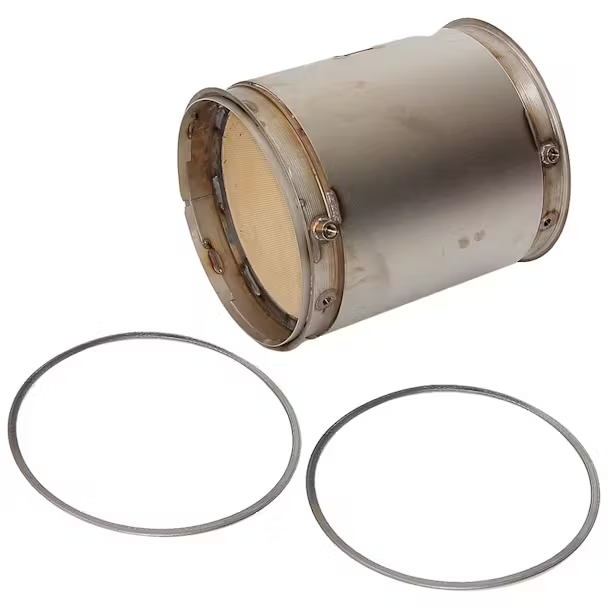
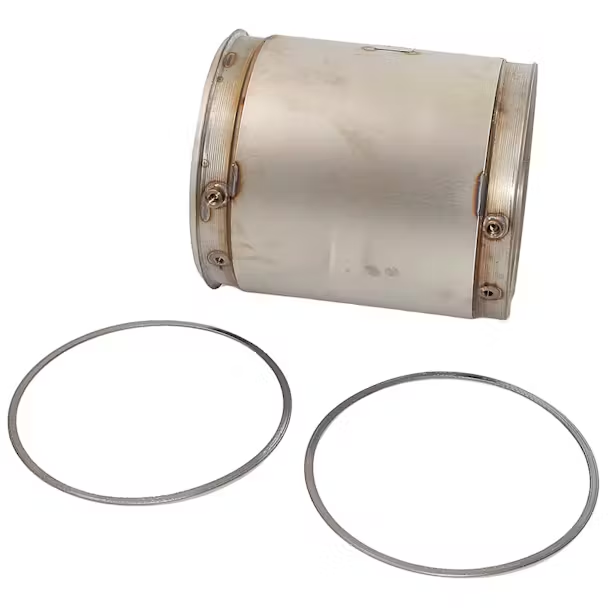


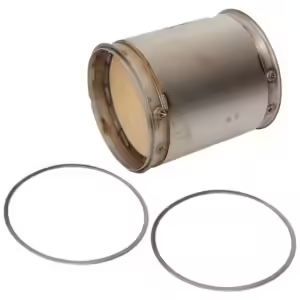



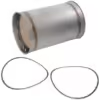
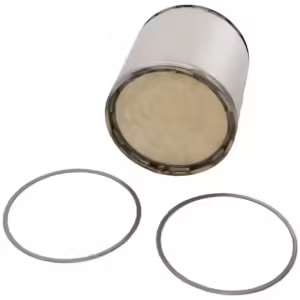
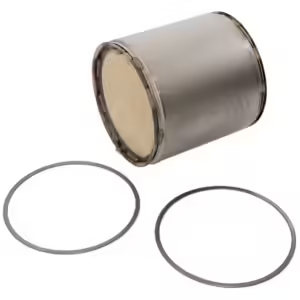
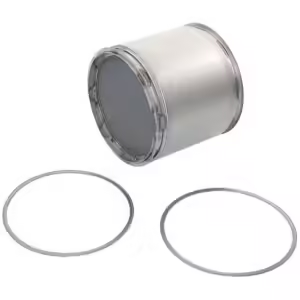
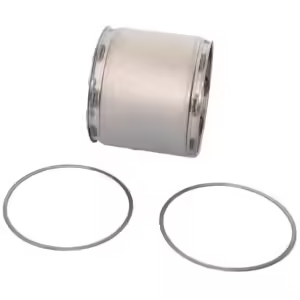



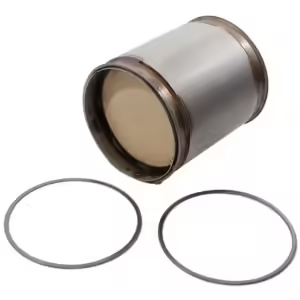
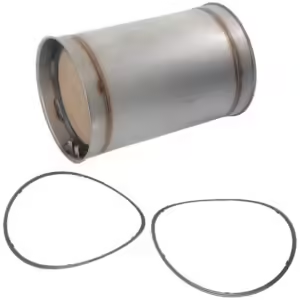
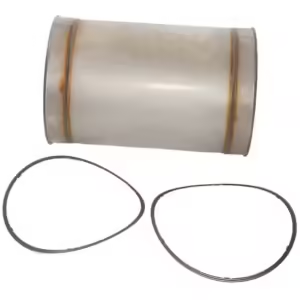
Reviews
There are no reviews yet.